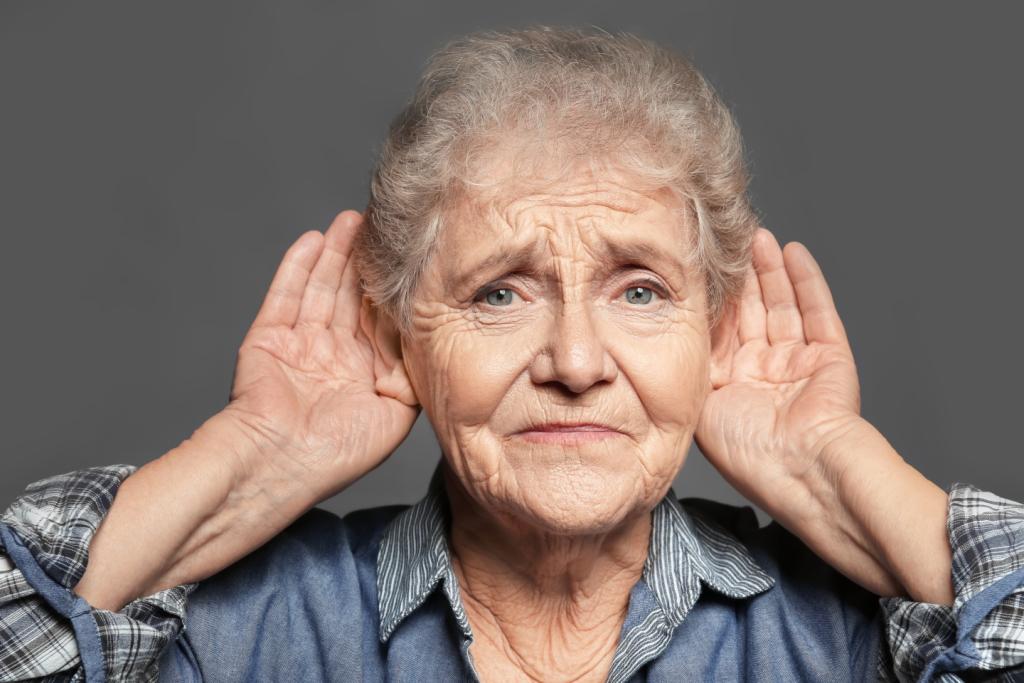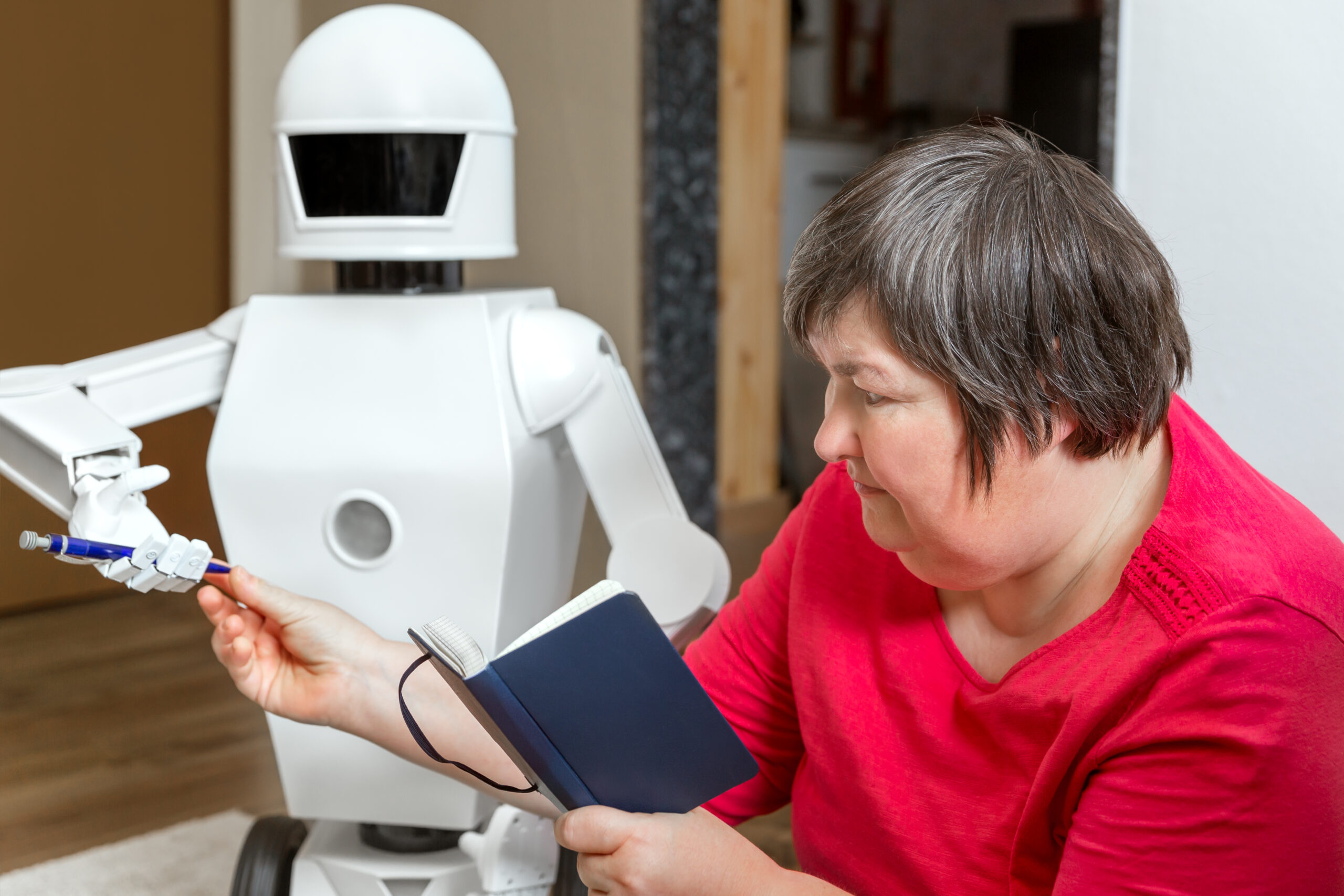While hearing loss is definitely one of the leading issues of old age (nearly one out of every three people report some type of hearing loss), having hearing loss diagnosed and treated is a bigger issue.
An AARP poll found that, among its members who responded to the survey, 47 percent reported hearing loss that they haven’t sought treatment for.
These stats show that there’s a good chance a senior close to you is suffering from hearing loss. The Beth Abraham Center for Rehabilitation and Nursing wants to share five tips with you to better communicate with a hearing-impaired person.
-
Get Their Attention
Be sure to face the person directly and try to be at the same eye level. Do not begin the conversation until you are sure that you have the attention of the person. Once you are doing those two things, try not to move too much, as movements can distract the person trying to focus on what you are saying.
-
Reduce Background Noise
Make sure that there isn’t a television or music playing nearby. If you’re in a public place, try to avoid having conversations where there is a lot of chatter or background noise. People with hearing problems can have trouble distinguishing between different sounds that are occurring at the same time.
-
Speak Clearly and Don’t Cover Your Mouth
Make sure the person you are speaking to can see your mouth, as sometimes reading lips can help fill in the blanks if all of the words aren’t being heard properly. There’s also no need to shout. Speaking clearly is more important than the volume of your voice.
-
Try to Simplify the Conversation
Even seniors with hearing aids may have difficulty understanding speech, especially if it’s long and drawn-out. If a person isn’t understanding what you are saying, try to find a simpler, quicker way to say the same thing.
Most of All, Help the Hearing-Impaired Person
If you notice issues with a loved one like having to repeat yourself more frequently or keeping the volume of the television at a higher level, they may be experiencing some hearing loss. It’s important to diagnose hearing loss early, as it can lead to other health issues if left untreated.






